
8 Warning Signs of Kidney Failure You Should Never Ignore — Could Lead to Lifelong Dialysis
8 Warning Signs of Kidney Failure You Should Never Ignore — Could Lead to Lifelong Dialysis
Kidneys are vital organs that filter waste, regulate blood pressure, balance fluids, and produce essential hormones. When they start to fail, the symptoms are often subtle—but if ignored, they can lead to irreversible kidney damage and require lifelong dialysis. Recognizing the early signs of kidney failure is crucial to avoid severe health complications.
Here are 8 signs of kidney failure that should never be ignored:
1. Persistent Fatigue and Weakness
One of the earliest symptoms of kidney failure is constant fatigue. Healthy kidneys produce erythropoietin (EPO), a hormone that stimulates red blood cell production. When kidney function declines, EPO levels drop, leading to anemia. This results in:
-
Chronic tiredness
-
Weakness
-
Difficulty focusing
If you feel unusually exhausted, even with enough rest, it may be time to evaluate your kidney function.
2. Swelling in Legs, Feet, or Hands (Edema)
Kidneys help regulate the body’s fluid balance. When they fail, excess fluid builds up in the tissues, causing swelling (edema), especially in:
-
Ankles and feet
-
Hands and fingers
-
Face and eyelids
In advanced cases, fluid may accumulate in the lungs, making breathing difficult and causing chest discomfort.
3. Changes in Urination
Your urine can offer early clues about kidney health. Watch for:
-
Foamy or bubbly urine – a sign of protein leakage (proteinuria)
-
Frequent urination at night – indicates poor waste filtration
-
Dark, tea-colored, or bloody urine – could signal internal bleeding or kidney damage
-
Decreased urine output or difficulty urinating – shows reduced kidney function
Unusual urine patterns are among the most important early signs of kidney failure.
4. Persistent Nausea and Vomiting
When kidneys cannot remove toxins efficiently, uremia (waste buildup in the blood) occurs. This can trigger:
-
Constant nausea
-
Vomiting
-
Loss of appetite
This not only impacts your nutrition but accelerates kidney deterioration if left untreated.
5. Shortness of Breath and Chest Pain
Shortness of breath isn’t always a lung issue—it can be related to the kidneys. Poor kidney function can lead to:
-
Fluid buildup in the lungs (pulmonary edema)
-
High potassium levels (hyperkalemia), causing irregular heartbeats and chest pain
-
Increased risk of heart failure
If you experience these symptoms alongside others on this list, seek immediate medical care.
6. High Blood Pressure (Hypertension)
The kidneys help control blood pressure by managing sodium and fluid levels. Damaged kidneys can cause:
-
Elevated blood pressure
-
Increased strain on heart and blood vessels
-
A vicious cycle of worsening kidney and cardiovascular health
Uncontrolled hypertension is both a cause and a consequence of kidney failure.
7. Severe Itching and Dry Skin
Failing kidneys can't remove excess phosphorus from the blood, which leads to:
-
Intense itching (pruritus)
-
Dry, flaky skin
-
Calcium deposits beneath the skin
-
Yellowish or pale skin tone due to uremia
These dermatological signs are often overlooked but may indicate underlying kidney problems.
8. Metallic Taste in Mouth and Ammonia Breath
Waste buildup in the bloodstream can lead to:
-
A metallic taste in your mouth
-
Bad breath that smells like ammonia
-
Loss of appetite and weight loss
These symptoms not only reduce your quality of life but can signify toxic buildup that harms multiple organs.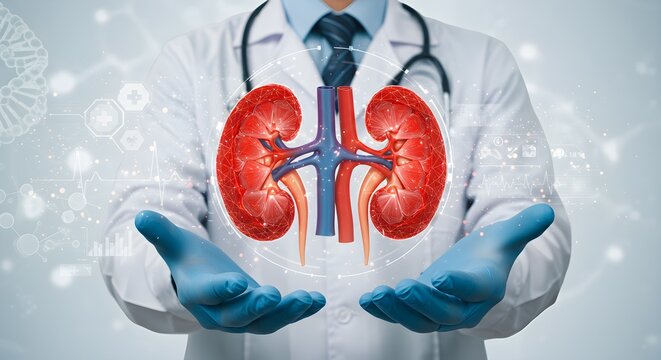
🚨 Why Ignoring These Signs Could Lead to Dialysis
When kidney failure goes undiagnosed or untreated, toxins and fluids accumulate, causing life-threatening complications such as:
-
Heart failure
-
Lung fluid retention
-
Severe electrolyte imbalances
At this stage, dialysis becomes the only option to remove waste and maintain life. Dialysis is a lifelong commitment unless a kidney transplant is possible.
🩺 When Should You See a Doctor?
If you notice one or more of these symptoms, especially if they persist or worsen, it’s essential to:
-
Schedule a blood and urine test
-
Monitor blood pressure
-
Consult a nephrologist (kidney specialist)
Early diagnosis and lifestyle changes can protect your kidneys and help you avoid dialysis altogether.
Conclusion
Kidney failure doesn’t happen overnight—but its warning signs can be easy to miss. Don’t wait for symptoms to worsen. Paying attention to these early signs could make the difference between recovery and lifelong treatment.
News in the same category


Discover the Untapped Potential of Chili Pepper Leaves: Nutritional Powerhouse for Your Health and Kitchen

Plantar Warts and Skin Tags Disappear Overnight with this recipe

Whiten Your Teeth and Instantly Freshen Your Breath with the Natural Power of Ginger and Baking Soda

I died for six minutes and saw what happens after death… this is what I experienced

People left mind-blown after just realizing what Durex stands for and it's not what you'd expect
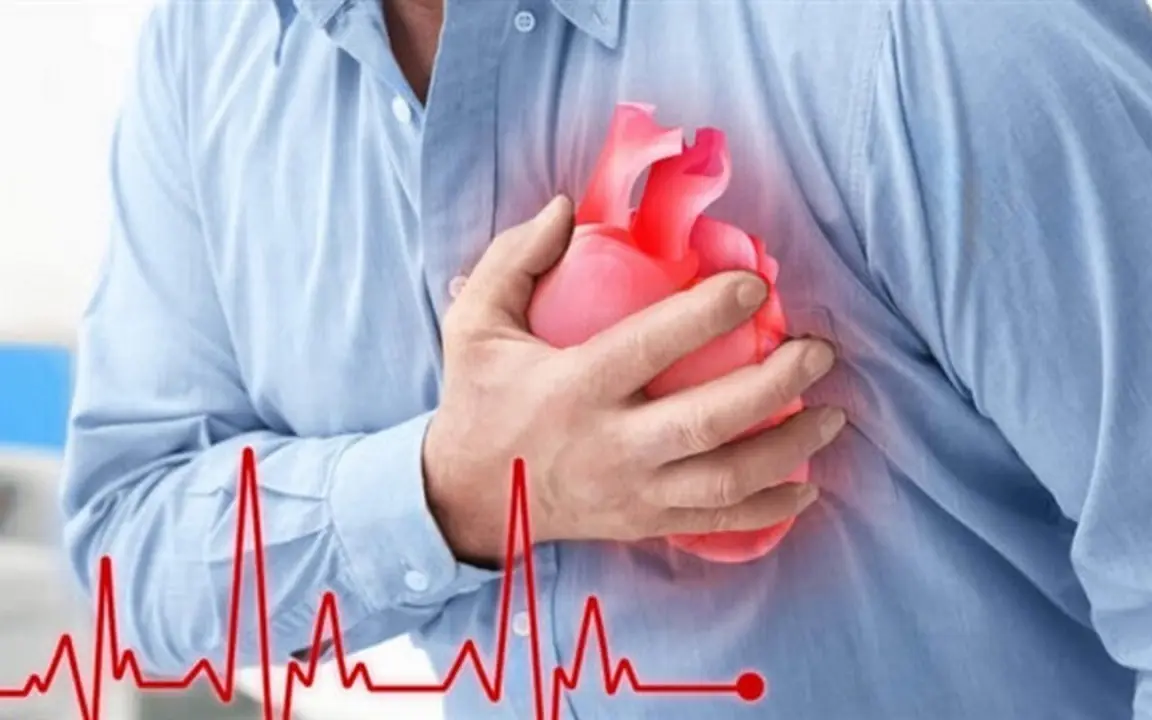
Warning signs of a heart attack?

How Smoking Weed Affects Your Body During a Workout

Thailand: Covid-19 re-emerges with more than 53,000 infections, 16 deaths
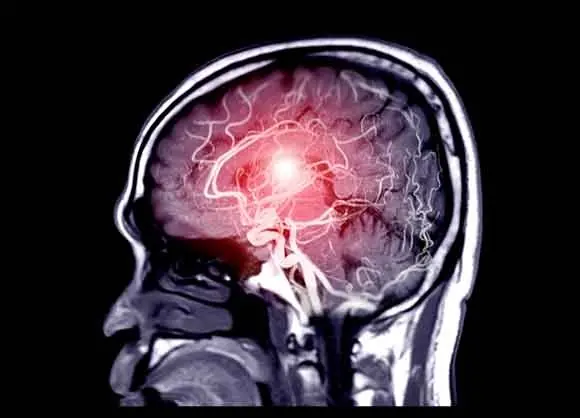
12 signs that may signal a brain aneurysm — Don’t ignore them

Paramedic, 23, Left Paralyzed After Neck Crack Ruptures Major Artery

Common household chemical could be linked to more than 350,000 deaths in terrifying new study

A Natural Healing Source: 13 Impressive Benefits of Chayote Juice

Turn White Hair Dark Naturally: How Coffee Can Transform Your Hair at Home

Vitamin K Precursor Shows Promise in Destroying Prostate Cancer Cells, New Research Finds

Simulation reveals harsh effects of Ozempic on the body
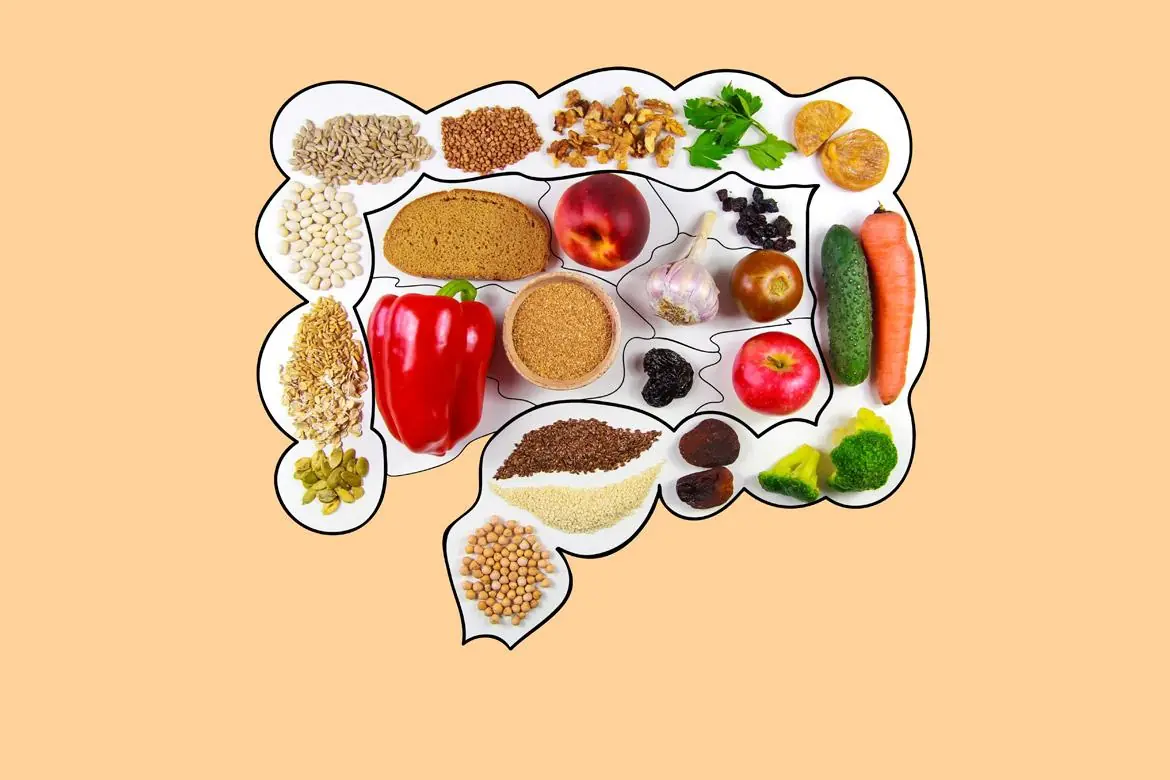
12 Best Natural Foods for Colon Cleansing and Detoxification

China makes bombshell claim about how Covid really originated after CIA said it was from lab leak

5 warning signs of cancer developing in the body
News Post

The #1 Anti-Cancer Food You're Not Eating (But Should!)

Discover the Untapped Potential of Chili Pepper Leaves: Nutritional Powerhouse for Your Health and Kitchen

Plantar Warts and Skin Tags Disappear Overnight with this recipe

Whiten Your Teeth and Instantly Freshen Your Breath with the Natural Power of Ginger and Baking Soda

I died for six minutes and saw what happens after death… this is what I experienced

People left mind-blown after just realizing what Durex stands for and it's not what you'd expect

I Paid a Fortune Teller’s Bus Fare – The Note She Slipped Me Uncovered a Terrible Secret

Warning signs of a heart attack?

My Husband Sent Me to Deliver Dinner to His Sick Mom – Then My Lawyer Called Urgently, Yelling ‘Turn Back Immediately!’

MY DAUGHTER HAD HER FIRST CHILD—AND TOLD THE NURSES NOT TO LET ME IN
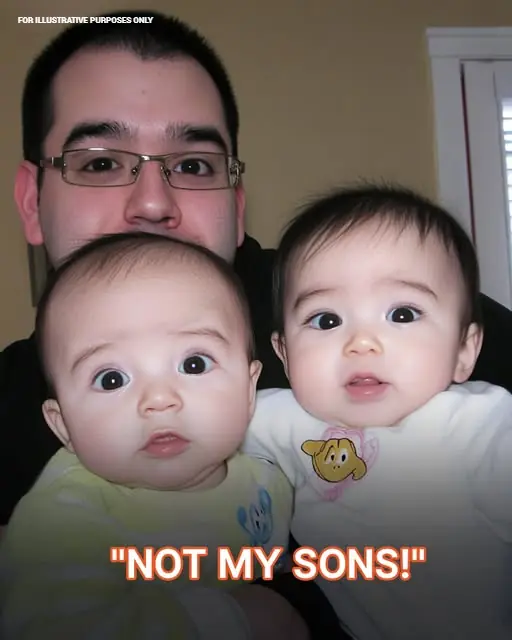
One of my boys got sick, so I took them both in for tests

How Smoking Weed Affects Your Body During a Workout

Thailand: Covid-19 re-emerges with more than 53,000 infections, 16 deaths

I stopped by McDonald’s for a quick meal and overheard a mom talking to her little girl

12 signs that may signal a brain aneurysm — Don’t ignore them

SHE KEPT SAYING “HE’S COMING BACK”—SO I STAYED

My Boyfriend Proposed Right After Seeing My Luxury Apartment—He Had No Idea It Was a Test

I’M A FARMER’S DAUGHTER—AND SOME PEOPLE THINK THAT MAKES ME LESS

The bus driver kicked out an 80-year-old woman who hadn’t paid for her ticket
